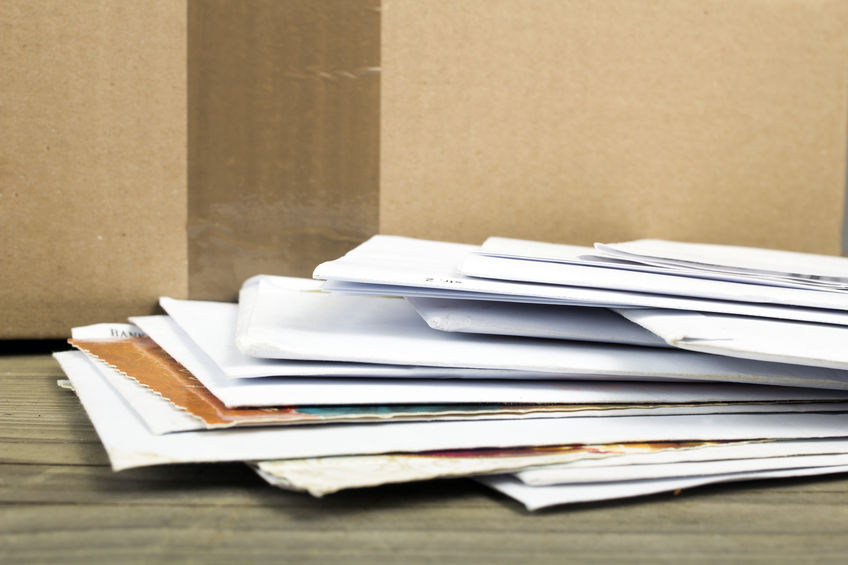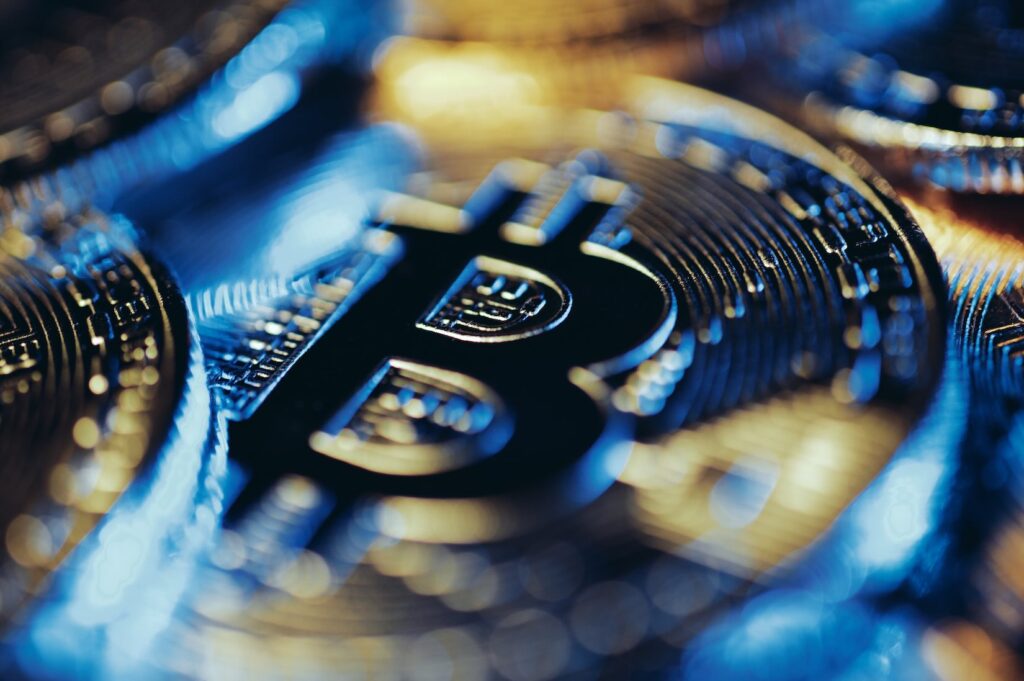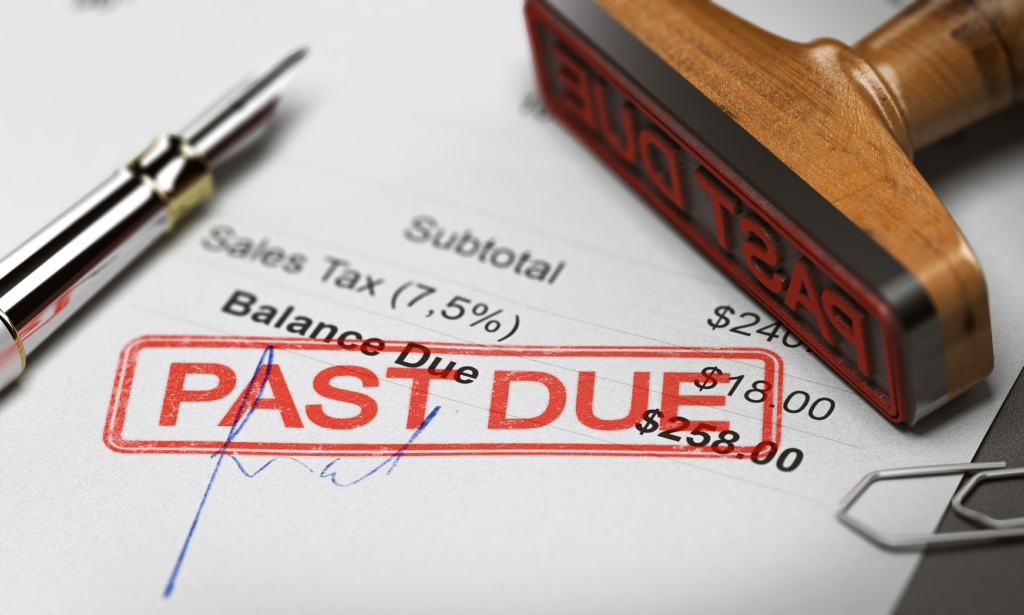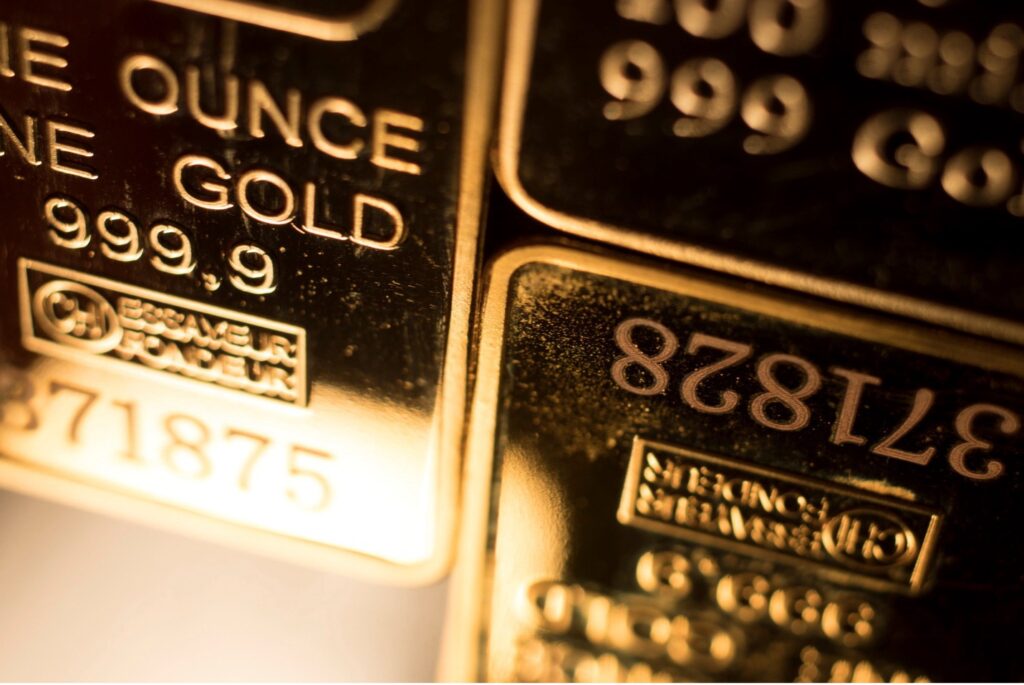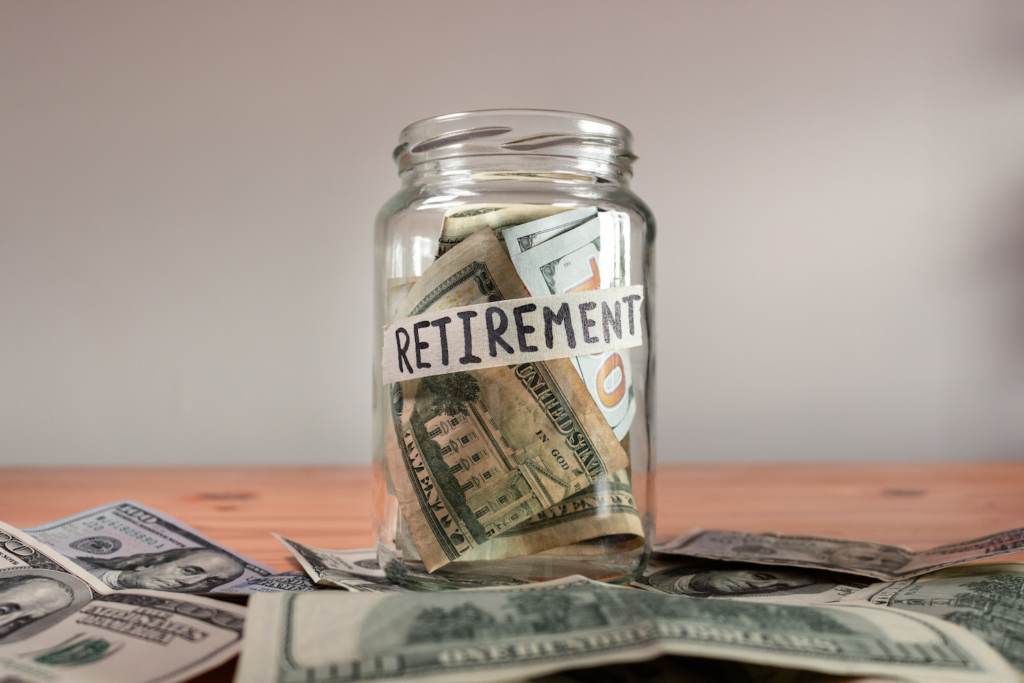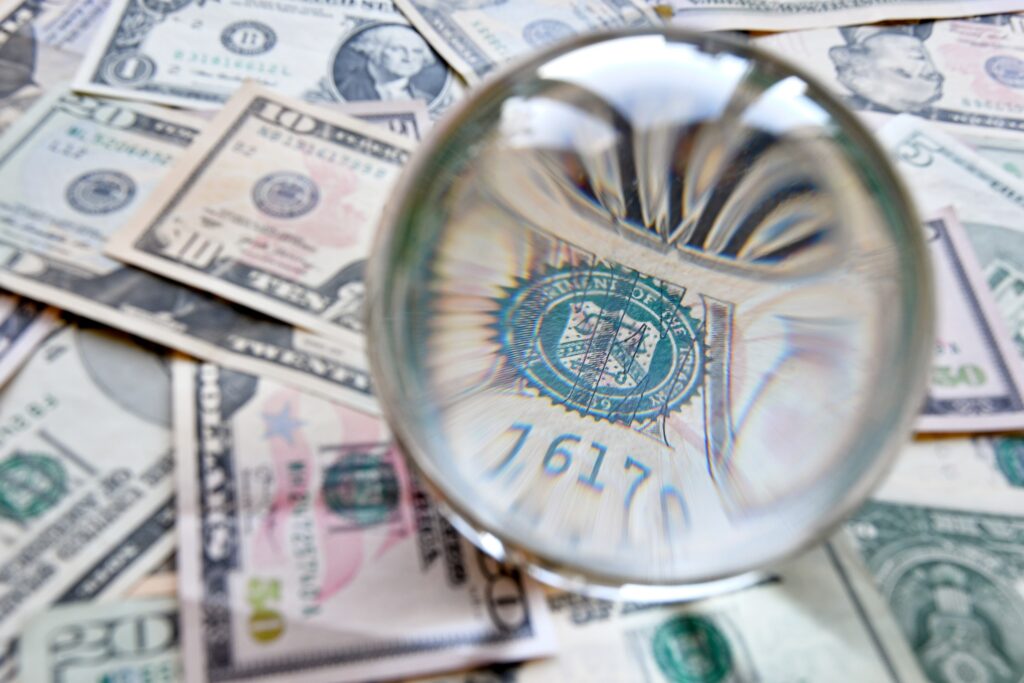The IRS had up to 12 million pieces of unopened mail at one point this summer. That mail may have included your tax payment. And while that backlog is painstakingly sorted, you may have been shocked to receive a nonpayment notice along with threats of penalties and late fees.
“If a taxpayer mailed a check (either with or without a tax return), it may still be unopened in the backlog of mail the IRS is processing due to COVID-19,” the IRS issued in a statement. In the meantime, points out ThinkAdvisor, an automated IRS billing system sent out notices of nonpayment to taxpayers whose checks were waiting to be opened.
The good news is that the IRS has stopped automatically issuing the notices (for now). So if you didn’t already receive one for a tax payment with a July 15 deadline, you should be in the clear. Also, the IRS states that “any payments will be posted as the date we received them rather than the date the agency processed them.”
More from the IRS:
- To avoid penalties and interest, taxpayers should not cancel their checks and should ensure funds continue to be available so the IRS can process them.
- To provide fair and equitable treatment, the IRS is providing relief from bad check penalties for dishonored checks the agency received between March 1 and July 15 due to delays in this IRS processing. However, interest and penalties may still apply.
- Due to high call volumes, the IRS suggests waiting to contact the agency about any unprocessed paper payments still pending. See www.irs.gov/payments for options to make payments other than by mail.
The most significant issues may be your check expiring before it’s processed and keeping enough in your checking account to cover the balance when the IRS does “cash in.” You’ll also want to review the nonpayment notice to make sure the balance due is the same as what you paid (otherwise, you could still be on the hook for late fees and penalties when the check is finally processed).
With U.S. Postal Service issues in question as well, electronically paying future taxes has become an even more viable option. If you do need to mail tax payments, be sure to send your payment by certified mail so that you have a record of the date you sent the payment as well as the date of receipt. Feel free to contact us with questions.

